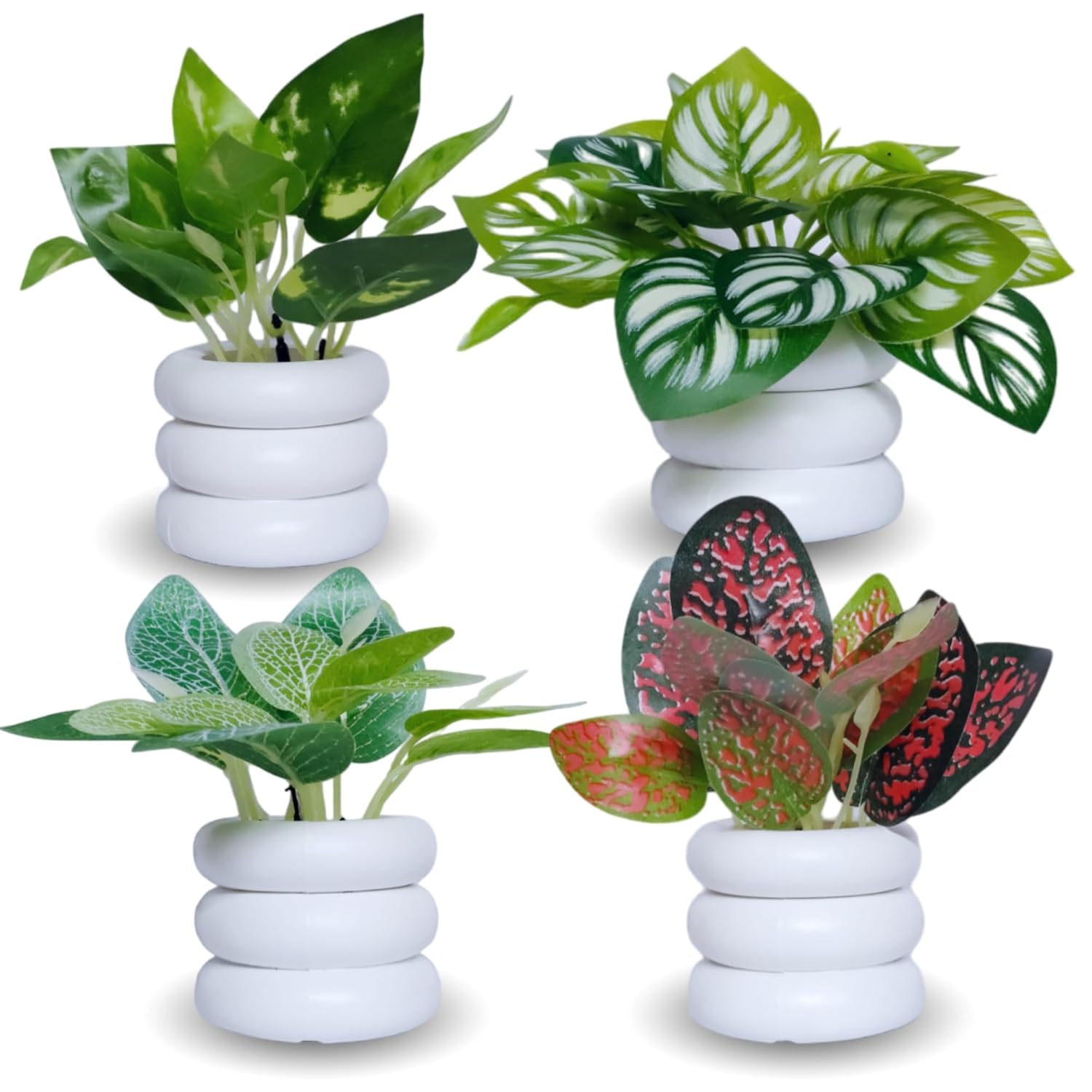Phrasal Verbs with Put | Important Phrasal Verbs
Here are some common phrasal verbs with the verb “put”:
1) Put on:
The phrasal verb “put on” has a few different meanings depending on the context. Here are the two most common meanings:
- To dress oneself in clothing: When you “put on” clothing, you physically dress yourself in that clothing. For example, you might say “I put on my sweater because it’s cold outside.”
- To apply something onto the body: “Put on” can also refer to applying something onto your body, such as makeup or lotion. For example, you might say “I put on some sunscreen before going to the beach.”
Overall, “put on” generally refers to physically adding or applying something onto oneself, whether that be clothing, makeup, or other similar items.
More Examples:
- Clothing:
- I need to put on a jacket before we go outside.
- She put on a beautiful dress for the party.
- He put on his running shoes and went for a jog.
- Makeup:
- She always puts on mascara before leaving the house.
- He put on some aftershave after shaving his beard.
- She put on some lipstick to complete her look.
- Weight:
- She put on some weight after the holidays.
- He needs to put on some muscle mass for the upcoming competition.
- Performance:
- The actor put on a great performance in the play.
- She put on a concert for charity last night.
- Pretense:
- He’s just putting on an act to seem tough.
- She put on a fake smile to hide her disappointment.
2) Put off:
The phrasal verb “put off” generally means to postpone or delay something. Here are a few examples:
- We’ll have to put off the meeting until next week because the boss is out of town.
- I keep putting off cleaning my room because I don’t feel like doing it.
- The construction project has been put off until the city can secure more funding.
- Don’t put off studying for your exams until the last minute!
- The wedding has been put off due to COVID-19 restrictions.
In all of these examples, “put off” is used to indicate that something has been delayed or postponed to a later time. It can also suggest that the speaker is procrastinating or avoiding doing something that they don’t want to do.
3) Put out:
The phrasal verb “put out” has a few different meanings depending on the context. Here are the two most common meanings:
- To extinguish a fire: When used in the context of a fire, “put out” means to extinguish or stop the flames. For example, you might say “The firefighters were able to put out the fire quickly.”
- To produce or release something: “Put out” can also mean to produce or release something, such as a product or piece of information. For example, you might say “The company put out a new product last week” or “The newspaper put out a report on the crime rate in the city.”
Overall, “put out” generally refers to either extinguishing something, like a fire, or producing or releasing something, like a product or information.
4) Put up with:
The phrasal verb “put up with” means to tolerate or endure something or someone unpleasant. Here are a few examples:
- I don’t know how he puts up with his noisy neighbors.
- She can’t put up with the constant interruptions from her colleagues.
- He puts up with the long commute because he loves his job.
- I don’t think I can put up with this heat much longer.
- The students had to put up with the strict rules of the boarding school.
In all of these examples, “put up with” is used to indicate that the speaker is tolerating or enduring something that they find unpleasant. It suggests that the speaker may not like the situation, but they are willing to bear it for some reason, such as necessity, obligation, or personal preference.
5) Put away:
The phrasal verb “put away” has a few different meanings depending on the context. Here are the two most common meanings:
- To put something back in its proper place: When used in the context of organizing or cleaning, “put away” means to return something to its proper place. For example, you might say “I need to put away the dishes after I wash them” or “Can you put away your toys before bed?”
- To consume or finish all of something: “Put away” can also mean to consume or finish all of something, especially food or drink. For example, you might say “He can really put away a lot of pizza” or “She put away a bottle of wine by herself.”
Overall, “put away” generally refers to either organizing or returning something to its proper place, or consuming or finishing all of something, especially food or drink.
6) Put down:
The phrasal verb “put down” has several different meanings depending on the context. Here are a few of the most common meanings:
- To place something onto a surface: When used in a literal sense, “put down” means to place something onto a surface. For example, you might say “I’m going to put down this heavy box for a minute” or “Can you put down your pen and listen to me?”
- To criticize or belittle someone: “Put down” can also mean to criticize or belittle someone, often in a way that makes them feel inferior. For example, you might say “He’s always putting down his coworkers” or “She’s always putting herself down and it’s starting to affect her self-esteem.”
- To euthanize an animal: In veterinary medicine, “put down” is a common euphemism for euthanizing an animal. For example, you might say “The dog was in so much pain that we had to put him down.”
- To make a payment or deposit: “Put down” can also mean to make a payment or deposit, especially in the context of a purchase or a rental agreement. For example, you might say “I need to put down a deposit to reserve the rental car” or “I put down a down payment on the house.”
Overall, “put down” can be used in several different contexts and with different meanings, but it generally refers to placing something onto a surface, criticizing someone, euthanizing an animal, or making a payment or deposit.
7) Put forward:
The phrasal verb “put forward” has a few different meanings depending on the context. Here are a few of the most common meanings:
- To propose or suggest something: When used in the context of making a suggestion or proposal, “put forward” means to offer an idea or opinion for consideration. For example, you might say “I’d like to put forward the idea of a company-wide recycling program” or “She put forward a new plan for reducing expenses.”
- To advance or move something ahead: “Put forward” can also mean to advance or move something ahead, often in a literal sense. For example, you might say “He put forward his foot to take the first step” or “The clock was put forward an hour for daylight savings time.”
- To nominate someone for a position or award: “Put forward” can also mean to nominate or recommend someone for a position or award. For example, you might say “The committee put forward three candidates for the job” or “He was put forward for the Nobel Prize in Physics.”
Overall, “put forward” generally refers to proposing or suggesting something, advancing or moving something ahead, or nominating someone for a position or award.
👉 Subscribe Our YouTube Channel: Click Here
You may also like:
phrasal verb examples | phrasal verb list pdf | Leave Phrasal Verb phrasal verbs with put
Voice Change Exercise Simple Present Tense
phrasal verbs with put
put phrasal verbs




